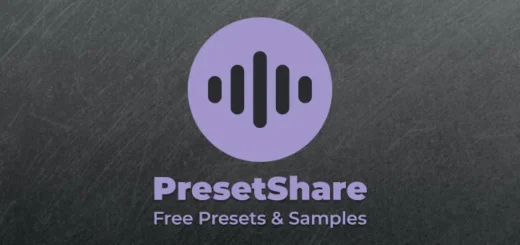A sea of songs to be shipwrecked

On the Internet there is more music than listeners
Spotify is flooded every day with a torrent of songs, up to 100,000 per day! If a person spent all their time listening to music on Spotify alone, it would take more than 30 years to catch up with the songs uploaded in a single day. And you’re still wondering why no one listens to your music?
Who is behind this phenomenon? The main culprits are, on the one hand, the major record labels, which seek to highlight their artists in a sea of tunes, but also the appearance of distributors such as DistroKid, to name just one, through which any musician can upload his production to Spotify and dozens of streaming services without any problem.
According to the CEO of one music platform, “it is incredibly difficult to separate an artist’s music from the 99,999 other songs that are uploaded on the same day.”
For record labels, this means that their role will be even more crucial in the future. They have the power to give artists visibility in the midst of this musical chaos.
Platforms like Apple Music, with over 100 million songs in its catalog, allow any artist, even one who records in their bedroom, to have a chance at success, yet this abundance of music also represents an almost certain success in anonymity.
In short, the music industry is constantly changing. The number of songs being uploaded to streaming platforms is growing exponentially, creating both challenges and opportunities, but the bitter side of the musical deluge is the impact on musicians
While the flood of music on Spotify may seem like a paradise for music lovers, for musicians it represents a complex landscape with negative edges that we cannot ignore.
Saturation and loss of visibility: The immense amount of songs uploaded to the platform every day generates a fierce competition for users’ attention. This makes it difficult for emerging artists or those with less budget for promotion to stand out and reach a wide audience. A sort of “noise effect” is created, where quality music is overshadowed by the mass of mediocre songs.
Difficulty to monetize their work: With so many options available, listeners tend to listen to songs in a fragmented way, jumping from one artist to another without going deeper into the work of any of them. This translates into fewer plays and thus reduced revenue for musicians. Monetization through streaming platforms is often unprofitable for most artists, especially independent ones.
Pressure for constant production: The maelstrom of musical novelties forces artists to be in constant production, releasing new material frequently so as not to lose visibility. This can affect the quality of their work and generate creative stress, as the focus is placed on quantity over quality.
The abundance of music on Spotify, while offering a range of possibilities for listeners, also presents considerable challenges for musicians. There is a need to find sustainability in the artist’s career, since as the title says, there is more music on the internet than there are listeners.






